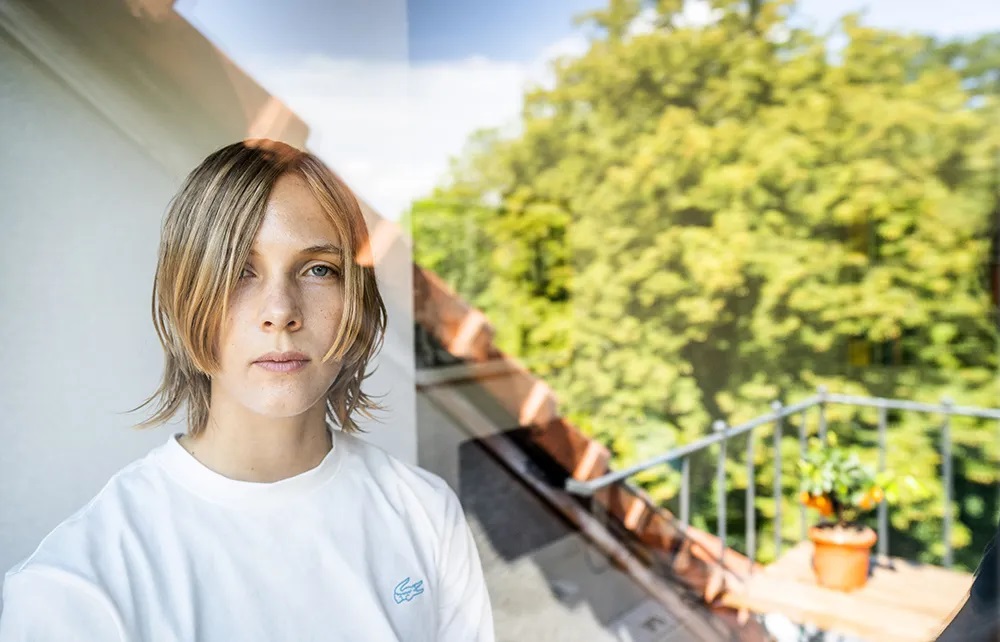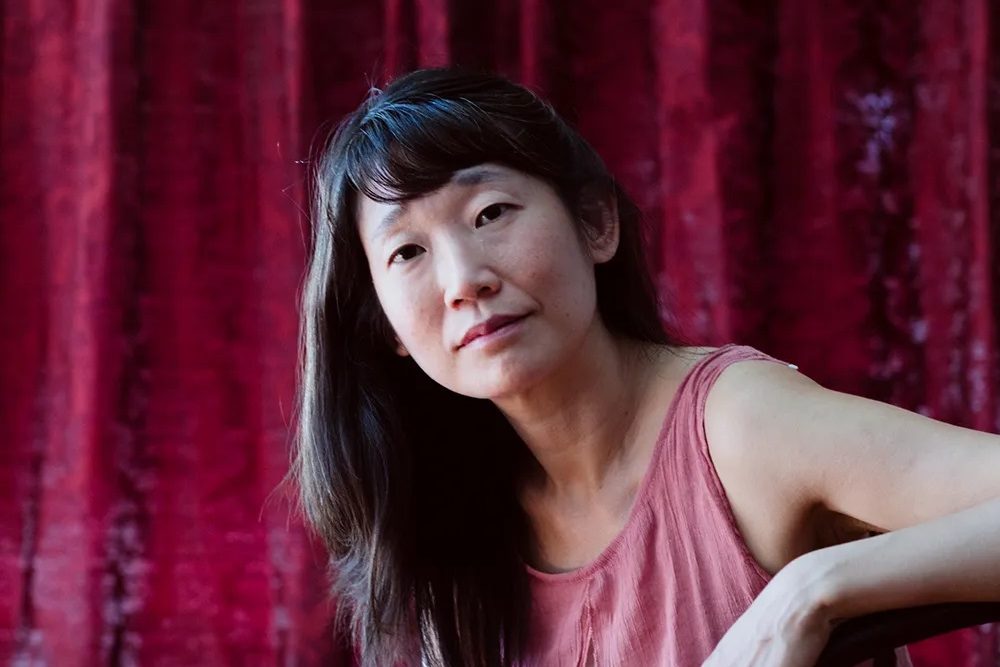When Marieke Lucas Rijneveld won the International Booker Prize in 2020 for The Discomfort of Evening, a novel set in the Netherlands about the daughter of a dairy farmer growing up in a strict Christian household in the wake of the tragic death of her brother, the earthy, uncompromising voice was striking. The book was disturbing in its subject matter (the parents, blinded by grief, allow their remaining children to become semi-feral, experimenting with sex and death) and its visceral animal similes: bloody birth, brutal mating, culls for foot-and-mouth disease, slaughter.
The ten-year-old girl protagonist had a lot in common with the author; and so it is again in My Heavenly Favorite, written under the name of Lucas Rijneveld. This time the narrator is a middle-aged vet, and long, breathy sentences convey the crowded, feverish thoughts pulsing through his mind as he letches obsessively after the fourteen-year-old daughter of his farmer client.
As before, the girl’s grief (again over a lost brother, this time exacerbated by the subsequent departure of her mother) has precipitated her escape into a fantasy world inspired by a children’s book about animals — one in which she is a bird — and those dear to her take on animal monickers. Her survivor’s guilt has morphed into a bizarre sense of responsibility for 9/11. She believes the Twin Towers were brought down as a result of her flying into them. Her envy of her brother’s easy communication with their father combines with her lack of interest in stereotypical female activities, and she longs to be a boy — gender dysphoria she shares with the author.
This is no Lolita. We are disgusted by the vet’s pursuit and left in no doubt about the catastrophic consequences for the girl. He contorts her normal pubescent sexual awakening, one minute being her confidante, the next raping her. It is difficult reading, and the main impetus to continue is the knowledge that the narrator is telling the story after he has been caught and prosecuted. Rijneveld vividly depicts the self-delusion by which pedophiles justify their actions and how abuse so often begets abuse.
While the brutal language of farmyard bodily functions is powerful and urgent, I do wish Rijneveld would finally spread those wings and fly to pastures new.
This article was originally published in The Spectator’s UK magazine. Subscribe to the World edition here.






















Leave a Reply